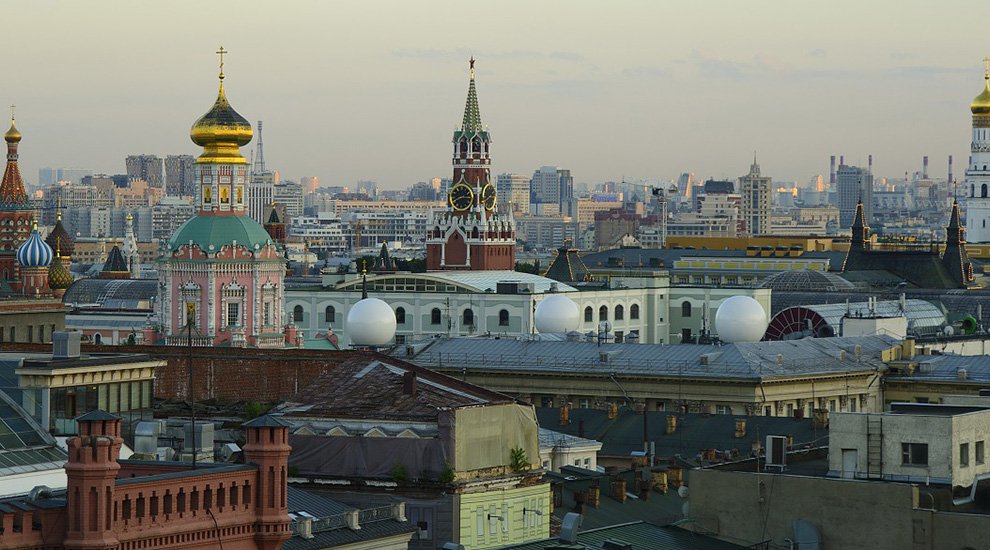Russia Makes 2016 an Election Year for Bitcoin
After almost two years of being in a state of confusion on how to deal with the advent of digital currencies, it appears Russia is ready to lay down the law on Bitcoin – and it may be sooner rather than later.
According to Russian news blog Forklog the country shares a two-party system with the West when it comes to the legislation of such matters. The more liberal-minded are called techlibs, who are mostly economists who favor allowing Bitcoin into the Russian market. Conservative figures in law enforcement are known as secruocrats, who are not fans of Bitcoin and other digital currencies, labeling them “money surrogates,” and are working to ban them. Each side has drafted laws either for or against Bitcoin usage in Russia.
The rumor mill of Bitcoin regulation has been churning for the better part of the last 18 months. A pro-Bitcoin draft of law will be under review by the Duma, the Russian parliament, where it is due for an official “reading” as early as next month.
Meanwhile the anti-Bitcoin securocrats are readying their draft for submission soon, according to Russian Minister of Finance Anton Siluanov.
“We will continue protecting the consumers of financial services,” Siluanov said. “We’re developing penalties for distribution of money surrogates, including bitcoins, and for the establishment of Ponzi schemes. We will prepare the draft laws and submit them to the State Duma.”
Russia has a very different take on new currencies than the West does, considering the fact that they do not have a global reserve currency status behind them. In fact, the Russian economy is shaky at best, heavily reliant on oil exports, and, with oil prices tanking recently, the country does not need something new that may further devalue the Russian ruble.
Like Bitcoin in 2014, Russia’s native currency also lost close to 50 percent of its value due to economic sanctions from the West and changes in the price of oil. The ruble has dropped again to an all-time low due to the recent drop in the price of oil worldwide. So this may not be the best time to bring in a new currency that the government does not control.
“It would be better to suppress distribution of money surrogates at early stages of the market’s development,” Siluanov said in an interview with the Russian government publication Rossiyskaya Gazeta. “According to experts, the turnover amount of money surrogates in Russia has reached 1 percent of GDP. Once the parameter exceeds 10 percent, the tool will pose a real threat to the state’s financial stability. Uncontrolled expansion of money supply in the turnover at the expense of the surrogates will result in devaluation, and gradual supersedure of the ruble from the currency market. Eventually, the state could lose its money issuance monopoly and revenue from this kind of activity.”
Like many nations and corporations worldwide, Russia seems to be in greater solidarity when it comes to Bitcoin’s underlying blockchain technology. Its advantages over currency systems appear to have interested Russian government agencies, as well. The ministry’s press center stated as much in a release to Forklog, which included another shot at Bitcoin entering the established economy:
“We see the convenience and usefulness of the blockchain technology for e-commerce, so we think the technology shall have permission to develop,” said Siluanov. “However, bitcoins, as they are, and especially their inclusion in the real economy and real banking sector, may be extremely hazardous.”
A weak ruble may have Russia looking at Bitcoin somewhat differently than other major nations. This fact may make Bitcoin even more attractive to Russian citizens looking to protect their wealth by investing in an appreciating global asset.
Can Russia stop its citizens from sharing Bitcoin on their smartphones, or forming a black market for digital currencies in general? According to Local Bitcoins, Russians are transacting about 83 million rubles or just over $1 million USD per week using its peer-to-peer exchange. Bitcoin is a hotly contested topic in a region that seems interested in resolving this issue quickly.
Evander Smart is a bitcoin writer, enthusiast and business owner. He trains people about how Bitcoin works at BitcoinVideoUniversity.com.
The post Russia Makes 2016 an Election Year for Bitcoin appeared first on Bitcoin Magazine.



